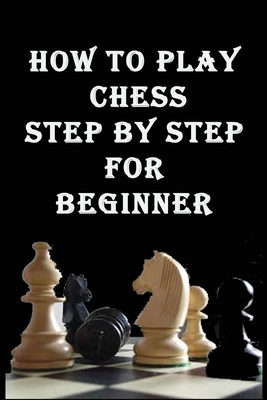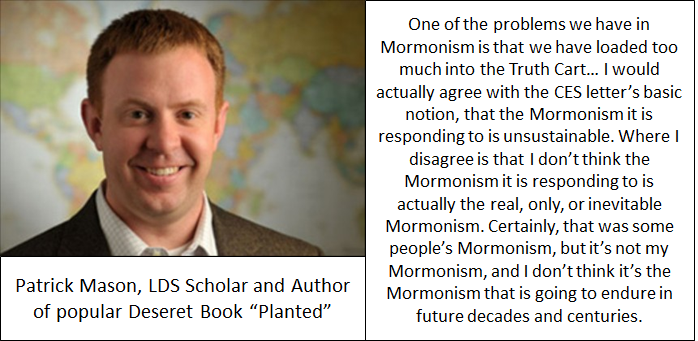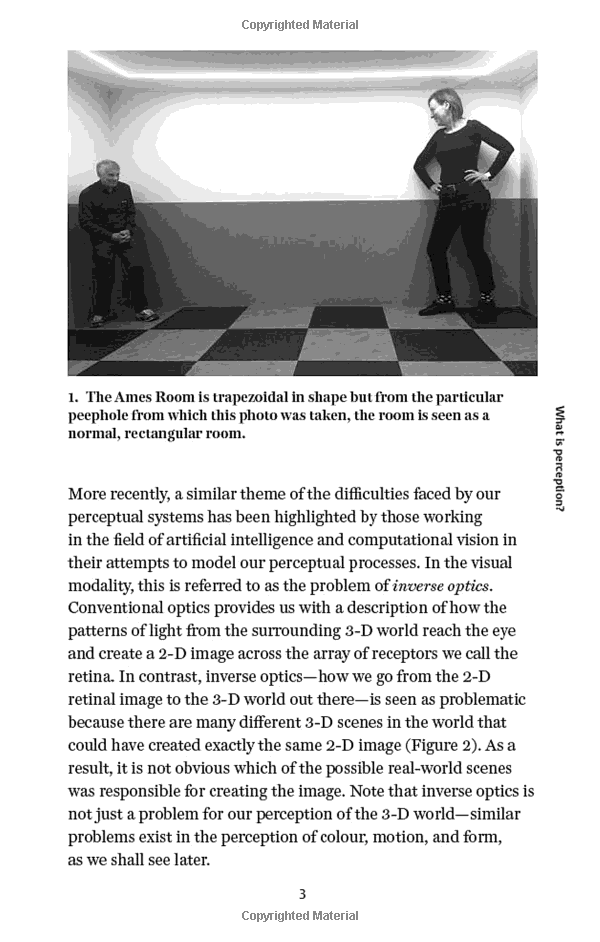"Exploring the Strategic Mind of Peter Thiel in Chess: Lessons from a Tech Visionary"
#### Introduction to Peter Thiel and ChessPeter Thiel, the co-founder of PayPal and a prominent venture capitalist, is known for his unconventional thinking……
#### Introduction to Peter Thiel and Chess
Peter Thiel, the co-founder of PayPal and a prominent venture capitalist, is known for his unconventional thinking and strategic insights. While Thiel is primarily recognized for his contributions to technology and finance, his interest in chess reveals another layer of his analytical prowess. Chess, a game of deep strategy and foresight, mirrors many of the principles Thiel applies in his business ventures.
#### The Intersection of Chess and Business Strategy
In the world of chess, every move counts, and the ability to anticipate an opponent’s strategy is crucial. Thiel's approach to business is similar; he often emphasizes the importance of thinking several steps ahead. This long-term vision is a hallmark of successful entrepreneurs and is evident in Thiel's investment strategies. By studying chess, Thiel not only sharpens his strategic thinking but also learns to navigate complex situations—skills that are invaluable in the fast-paced tech industry.
#### Thiel's Philosophical Approach to Chess

Thiel's philosophical background influences his understanding of chess. He views the game not merely as a pastime but as a profound exploration of human decision-making. Just as chess players must weigh the consequences of their moves, entrepreneurs must consider the long-term impacts of their business decisions. Thiel’s belief in contrarian thinking—doing what others do not—is reflected in both his chess strategy and his business ventures.
#### Lessons from Peter Thiel's Chess Strategy
1. **Anticipation**: Thiel teaches us to anticipate not just the next move but the entire game. In business, this translates to understanding market trends and competitor actions.
2. **Risk Management**: Chess requires players to take calculated risks. Similarly, Thiel advocates for embracing risk in entrepreneurship while managing potential downsides.

3. **Adaptability**: The ability to adapt to changing circumstances is vital in both chess and business. Thiel’s career demonstrates how flexibility can lead to success in unpredictable environments.
#### The Influence of Chess on Thiel's Career
Thiel’s affinity for chess has likely influenced his career trajectory. His analytical skills, honed through countless games, have helped him identify unique investment opportunities and navigate the complexities of the tech landscape. Moreover, chess has provided Thiel with a framework for evaluating challenges and devising innovative solutions.
#### Conclusion: Embracing the Chess Mindset

In conclusion, Peter Thiel's relationship with chess offers valuable insights into his strategic mindset. By applying the lessons learned from the chessboard to the business world, Thiel exemplifies how critical thinking and strategic foresight can lead to extraordinary success. For aspiring entrepreneurs, embracing a chess-like approach to decision-making can unlock new avenues for innovation and growth. Whether you are a seasoned chess player or a budding entrepreneur, the principles derived from Thiel's chess strategy can inspire a more thoughtful and strategic approach to your endeavors.